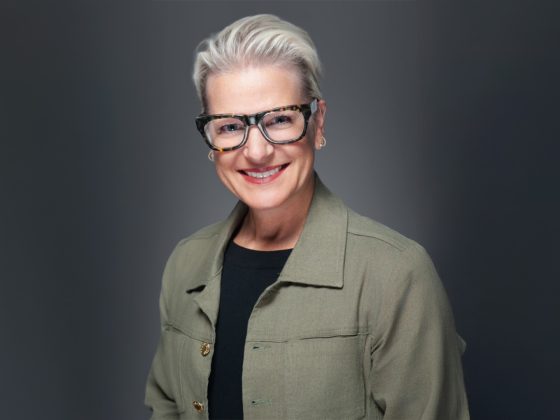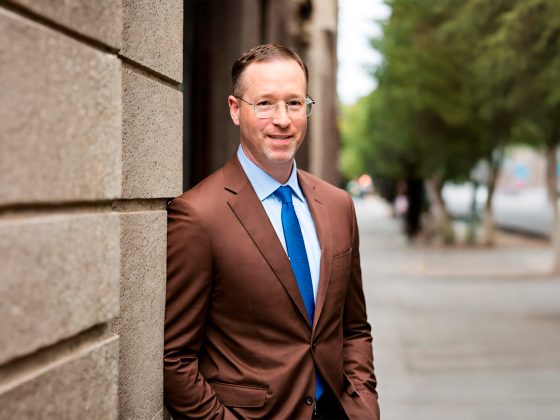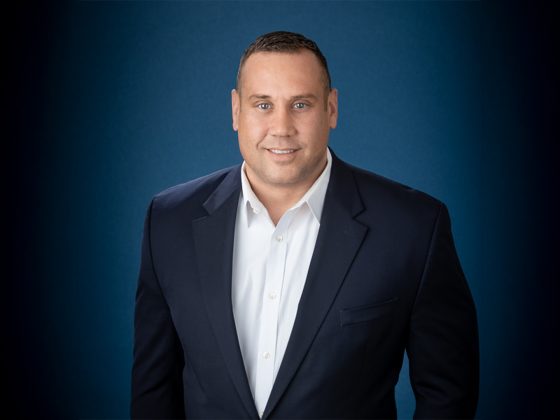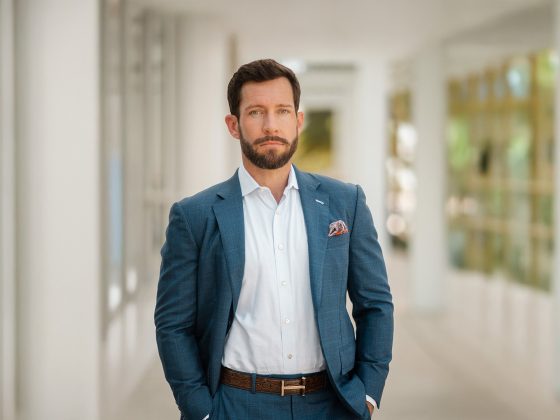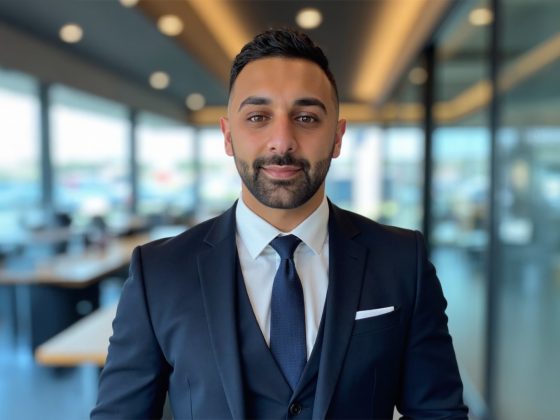In business leadership, especially for growing companies, the demands of daily operations can create blind spots that hinder strategic growth. Scott Boulas, a seasoned coach specializing in small to mid-sized businesses, believes coaching isn’t just for athletes and celebrities – it’s an essential investment for any leader seeking sustainable growth and clearer perspective.
Benefiting from Coaching at Every Level
When examining successful professionals across different fields, coaching emerges as a common denominator. “Professional athletes have one to many coaches. Actors have coaches. The president of the United States has a vice president and a chief of staff and others that advise them,” Scott points out. This pattern exists because even the most talented individuals benefit from external guidance. For business leaders, particularly those scaling companies toward the $10 million revenue mark, coaching addresses a fundamental challenge. “There’s an old saying: I can’t work on my business because I’m too busy working in my business,” Scott explains. “It’s this idea that I can’t see beyond the day-to-day stresses and demands to get more strategic. I’m more tactical every day working in it, so I can’t get outside of it and work on it more strategically.”
Overcoming Ego Resistance
Despite its proven benefits, many resist coaching initially. Scott believes this hesitation stems primarily from ego. “I think it’s ego. Tiger Woods has a coach, Kobe Bryant had a coach, Donald Trump has a coach. You may have a fitness coach or a nutrition coach. It’s ego that gets in the way,” he reflects. This resistance often sounds like: “I’m really good at what I do. I’ve been doing it forever, why would I need a coach?” The problem with this thinking, according to Scott, is that “ego creates blind spots. We’re all creatures of habit whether we say we are or not. The only way we can change our behavior is to change the small habits every day and be consistent about it.” These blind spots represent opportunities for growth that remain invisible without external perspective.
Leadership can be isolating, making it difficult to find people with whom to discuss certain challenges. “Leadership in business is a very lonely thing, and you just really don’t have anybody to talk to about certain things,” Scott notes. “It’s also hard to be vulnerable. Coaching helps with that loneliness and vulnerability.” Scott draws a parallel between coaching and the concept of mastermind groups popularized by Napoleon Hill. “They got together for a mastermind group and they were vulnerable with each other,” he explains. “If they had a problem, they would air it out in the group.” This collaboration often produces solutions greater than any individual could develop alone.
Coaching vs. Consulting: Understanding the Difference
Many confuse coaching with consulting, but Scott emphasizes they serve different purposes. “Consulting usually is project-based. I want these types of resources to evaluate this project and almost give me a solution—do step A, B, C, and D and you should expect these business outcomes,” he explains. By contrast, “A coach is much richer and can go in many different directions. They can literally understand your personality because they’re outside of you watching you and help you deal with people struggles, vulnerabilities, lack of confidence, helping you find ways to think differently. Coaching is a much broader and richer perspective.”
For business leaders considering coaching, Scott recommends viewing it as an investment with significant returns. “The outcomes are always 5, 10, 15, 20 times the investment,” he states. “I’m starting to see an open-mindedness amongst CEOs to invest in coaching and mastermind groups to help solve bigger problems.”
Connect with Scott Boulas on LinkedIn to gain more insights on leadership and business growth.



